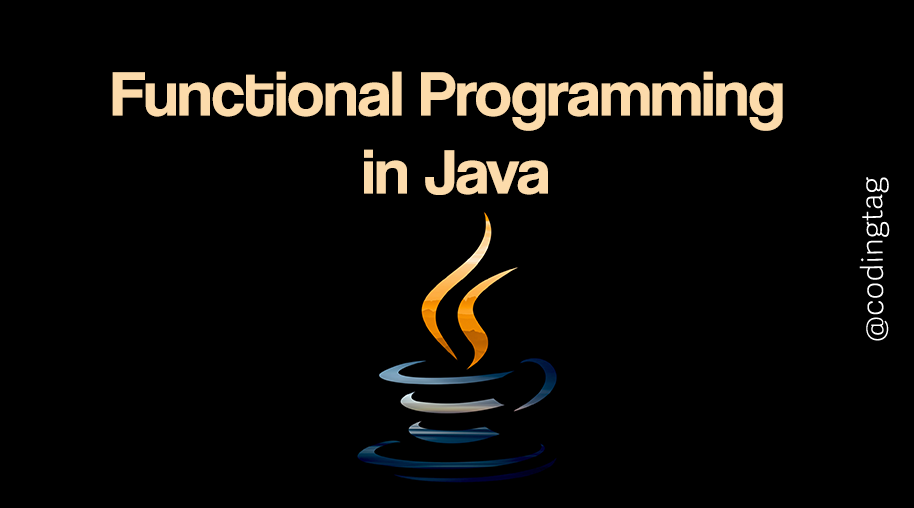Variables in Java
0 920
What Are Variables in Java?
Variables in Java are containers that hold data which can be changed during the execution of a program. They are the most basic and essential part of any Java application, allowing developers to store values, perform operations, and control the flow of logic.How to Declare Variables in Java
In Java, variables must be declared with a specific data type. The general syntax is:dataType variableName = value;int age = 25;
String name = "Alice";
boolean isStudent = true;
int, String, and boolean are data types, and age, name, and isStudent are variable names.
Types of Variables in Java
Java supports several types of variables based on where they are declared and how they are used:- Local Variables – Declared inside methods or blocks, accessible only within them.
- Instance Variables – Declared inside a class but outside any method, associated with object instances.
- Static Variables – Declared with the
statickeyword, shared across all instances of the class.
Example: Different Variable Types
public class Student {
String name; // Instance variable
static String college = "ABC University"; // Static variable
void display() {
int age = 20; // Local variable
System.out.println(name + " - " + age + " - " + college);
}
}
Rules for Naming Variables
- Variable names are case-sensitive
- Must start with a letter,
$, or_ - Cannot be a Java reserved keyword (like
int,class, etc.) - Use meaningful names (e.g.,
salaryis better thans)
Understanding Variable Scope
Scope refers to the part of the program where a variable is accessible. Local variables have a narrow scope (only inside the method/block), while instance and static variables can be accessed more broadly depending on class structure.Default Values of Variables
Local variables in Java do not have default values and must be initialized before use. However, instance and static variables are automatically initialized:int→0boolean→falseObjectreferences →null
Best Practices for Using Variables
- Always initialize local variables before using them.
- Keep variable scope as limited as possible for cleaner code.
- Use descriptive names to improve code readability.
- Avoid hardcoding values; use constants where applicable.
Conclusion
Variables in Java are the foundation for building logic and storing data. Understanding how to declare them, manage their scope, and use different types effectively is crucial for writing maintainable and error-free Java programs. Mastering variables is a big step toward becoming proficient in Java development.If you’re passionate about building a successful blogging website, check out this helpful guide at Coding Tag – How to Start a Successful Blog. It offers practical steps and expert tips to kickstart your blogging journey!
For dedicated UPSC exam preparation, we highly recommend visiting www.iasmania.com. It offers well-structured resources, current affairs, and subject-wise notes tailored specifically for aspirants. Start your journey today!

Share:







Comments
Waiting for your comments